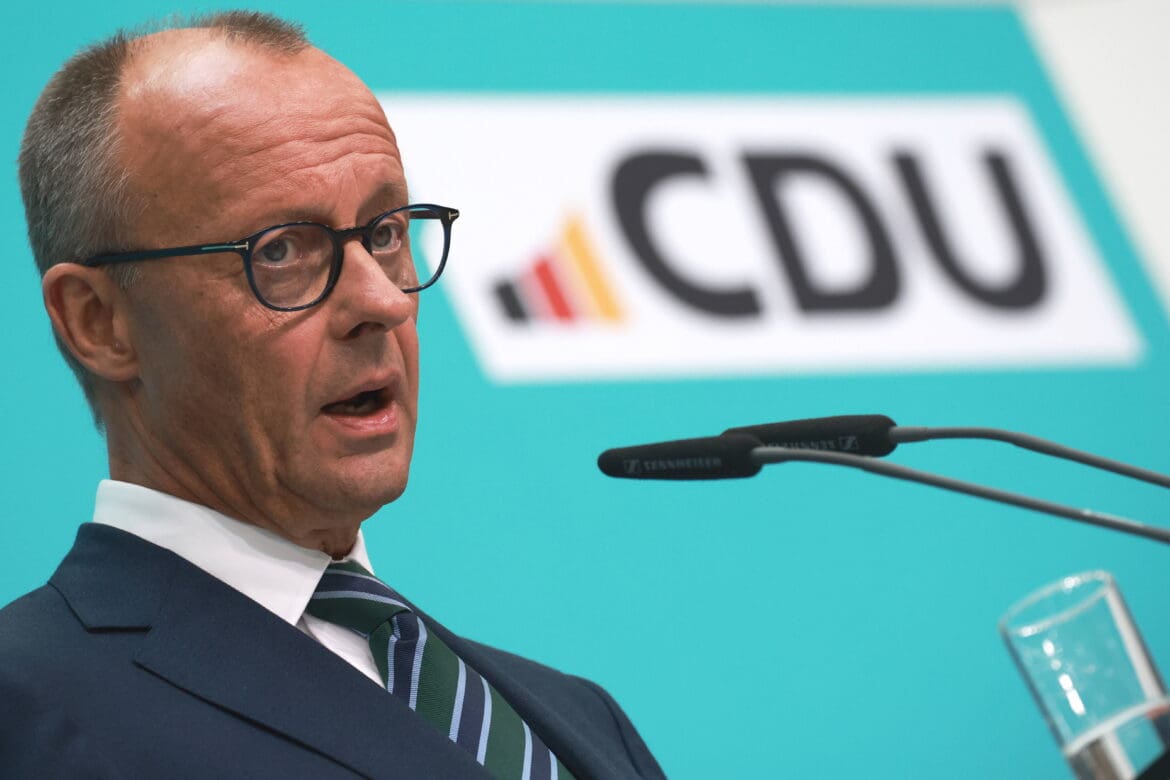The visit of German Chancellor Olaf Scholz was a memorable event that left a trail of memes and discussions in the Ukrainian segment of social media, but the purpose of Scholz’s sudden and unannounced arrival may be related to the desire to get ahead of… the future chancellor.
The influential Politico magazine writes that the German Chancellor’s urgent visit to Ukraine could have been caused by an election strategy. And the fact that Scholz visited Ukraine for the first time in 2.5 years may be due to an invitation to Kyiv from the head of the CDU, Friedrich Merz, who has the best chance of leading the German government after the February 2025 parliamentary elections. “Is Scholz trying to win at least the race to the Ukrainian capital?” notes Politico.
This year, Germany’s largest opposition force, the conservative bloc of the Christian Democratic Union (CDU) and the Bavarian Christian Social Union (CSU), nominated Friedrich Merz as a candidate for chancellor in the 2025 Bundestag elections.
The CSU leader and Bavarian Prime Minister Markus Söder spoke warmly of Merz’s candidacy, emphasizing that the conservatives have a common goal: to replace the ruling “traffic light coalition” and put Germany back on the right track.”
Significantly, it is the CDU/CSU bloc that is the favorite in the upcoming elections and remains the most popular party in Germany. A poll conducted in early September showed that the three ruling parties – the Social Democrats, the Greens and the Liberals from the Free Democratic Party – would collectively gain 30% of the vote. While the CDU/CSU bloc would be supported by 33% of voters, which is a surprisingly significant figure.
Therefore, it would be advisable to consider the biography and political position of the possible future chancellor of the country that is currently the leader in Europe in supplying military aid to Ukraine.
Friedrich Merz is a German conservative politician, a lawyer by training. Until 1976, he served in the military. He studied law at the University of Bonn. He worked as a judge and practiced law.
From 1989 to 1994, he was a member of the European Parliament, then elected to the Bundestag, where he became known for his legislative initiatives in the financial and economic sphere. In the late 1990s, he became deputy leader of the CDU/CSU faction.
In 2000, he became the undisputed leader of the faction. Two years later, however, Merz resigned after the CDU’s defeat in the parliamentary elections. He had a tense relationship with Angela Merkel, who advocated his removal from the position of deputy head of the faction and blocked the tax reform proposed by Merz.
Instead, Merz criticized Angela Merkel’s proposed health care reform and, in contrast to the Chancellor, advocated a common European budget policy and a common labor market.
The disagreements between Merz and Merkel were clearly ideological in nature. Merkel tended to the left of the spectrum, while Merz stood on center-right conservative positions. He actively criticized the construction of Nord Stream 2. In May 2022, he visited Kyiv and the towns in the Kyiv region destroyed during the Russian invasion.
In the fall of this year, Friedrich Merz said that the West has no goal of defeating Russia in the conflict with Ukraine, but the latter must restore sovereignty over its territory and ensure its security. According to Merz, the Western allies acted “too late” and did “too little,” and as a result, the balance of power today “looks quite terrible and very sobering.”
Friedrich Merz is considered to be in favor of increasing assistance to Ukraine. In particular, he has repeatedly called for the supply of German long-range Taurus missiles to Ukraine. There is every reason to believe that Merz’s possible victory next year will make Ukrainian-German cooperation more meaningful and Germany’s international position more resolute.
Author: Valeriy Maydanyuk




